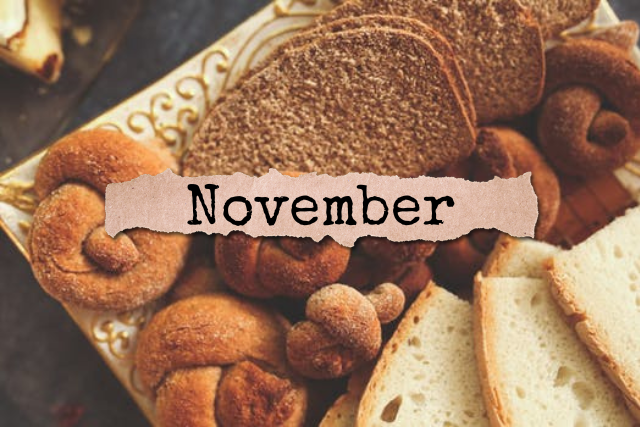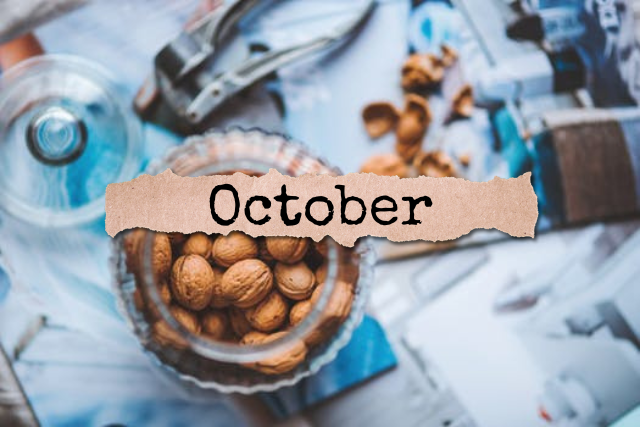Would you like to contribute something to your local genealogical society newsletter or a magazine? It’s easier than you think. All it takes is passion for the subject, and good grammar and punctuation. Here are a few tips to keep in mind as you get started:
Read the submission guidelines
Is the publication looking for shorter articles or longer ones? What is their preferred word count? Are they seeking specific types of articles, such as how-to’s or information about a particular region of the U.S.? Your article must conform to the publication’s guidelines if you want them to accept it.
Write something engaging
While genealogy can be serious business, there’s no need to take everything so seriously. The pursuit of family history should be enjoyable, as should writing and reading about it. Try to connect with readers by sharing personal experiences or keeping your tone casual – if appropriate to the publication, of course. We want to feel like we’re having a conversation with another person who shares our love of family history. There are few things more compelling than being able to relate (pun intended) to someone about a topic.
Give the reader new information
In genealogy especially, we are looking to learn new ways of doing things or for research avenues we haven’t considered. Most of us understand the importance of the U.S. censuses, but do you have a unique way of looking at them? What about largely untapped resources? Can you explain the value of using land records or local directories? What about resources that are not yet digitized or often under-utilized, perhaps even completely overlooked, yet full of information? Genealogy is an immense field of study and if you wait for inspiration, odds are you will find something you really want to write about that will benefit readers.
Cite sources
If you are stating facts, this should go without saying, especially in genealogy. After all, we know to keep track of our sources when it comes to family events. The same applies to the written word. Whether they are books, documentaries, or websites, citations or a bibliography allows readers to find the original material relevant to your article. In particular, if you are refuting previous claims or lineages, do not overlook this step.
Share useful websites or resources for follow-up
As genealogists, we love to put information into action, so include any websites or resources the reader can use to follow-up on the information in your article.
When I read an article relevant to my areas of research, I often go from there to the internet or the library to build on what I’ve learned. Anything you can offer as additional guidance for readers – whether it’s templates for forms or charts, free ebooks, a specific blog or website, or an interesting social media account – will help them take the information from your article several steps further.
Part of genealogy is ongoing education and discovery. I believe all of us have something of interest to share that can help others in their research endeavors.







